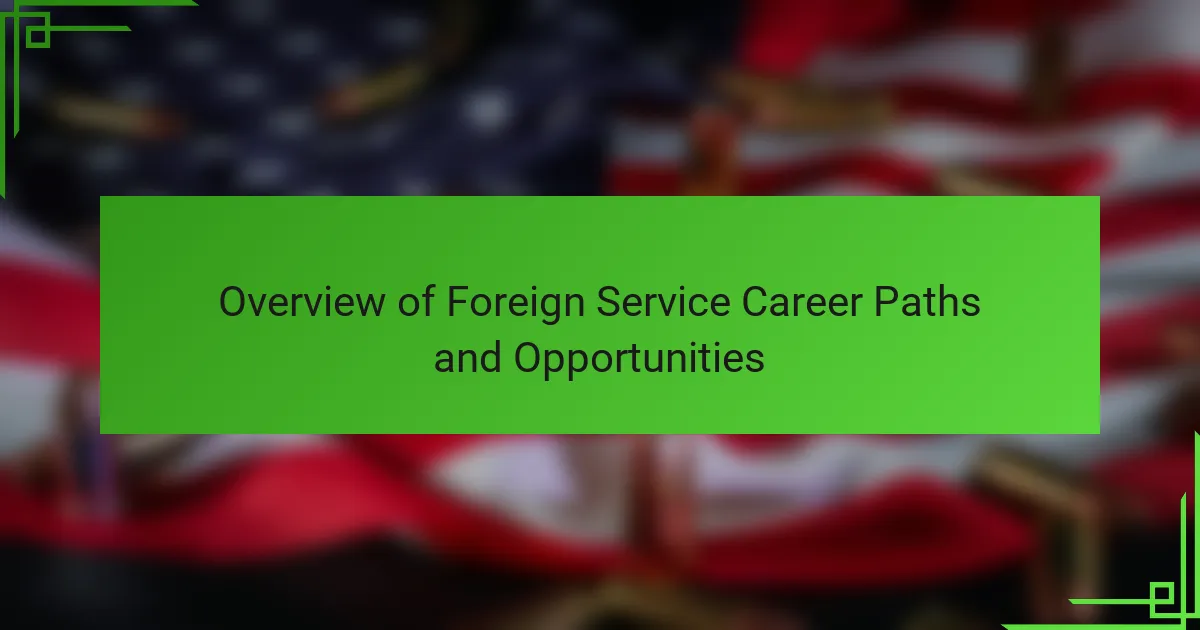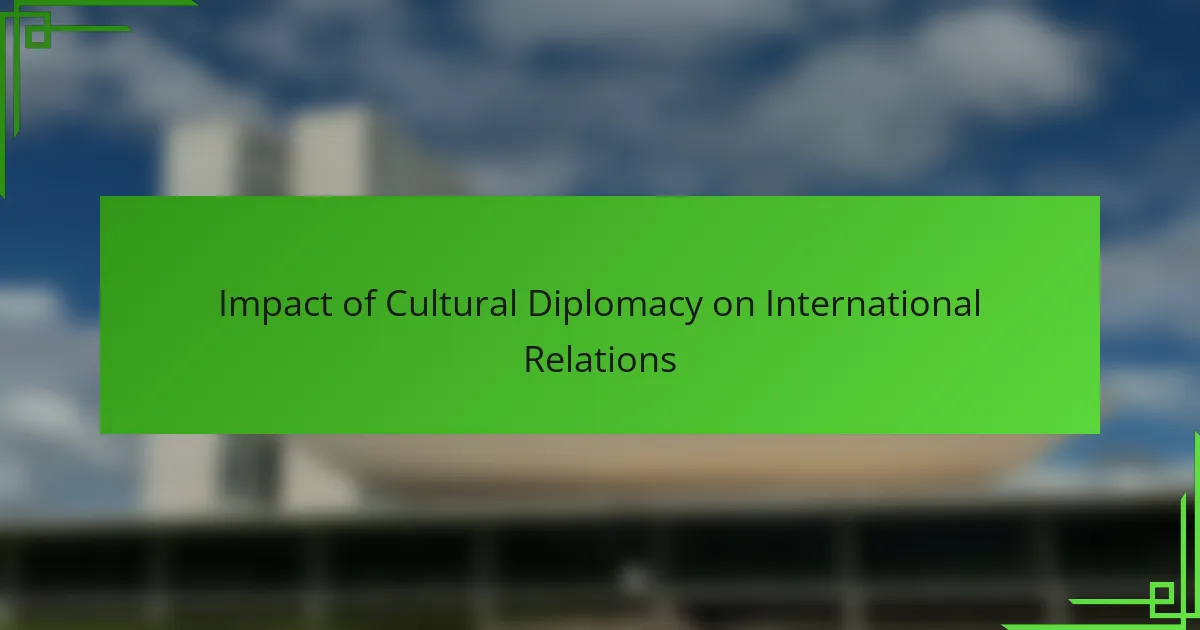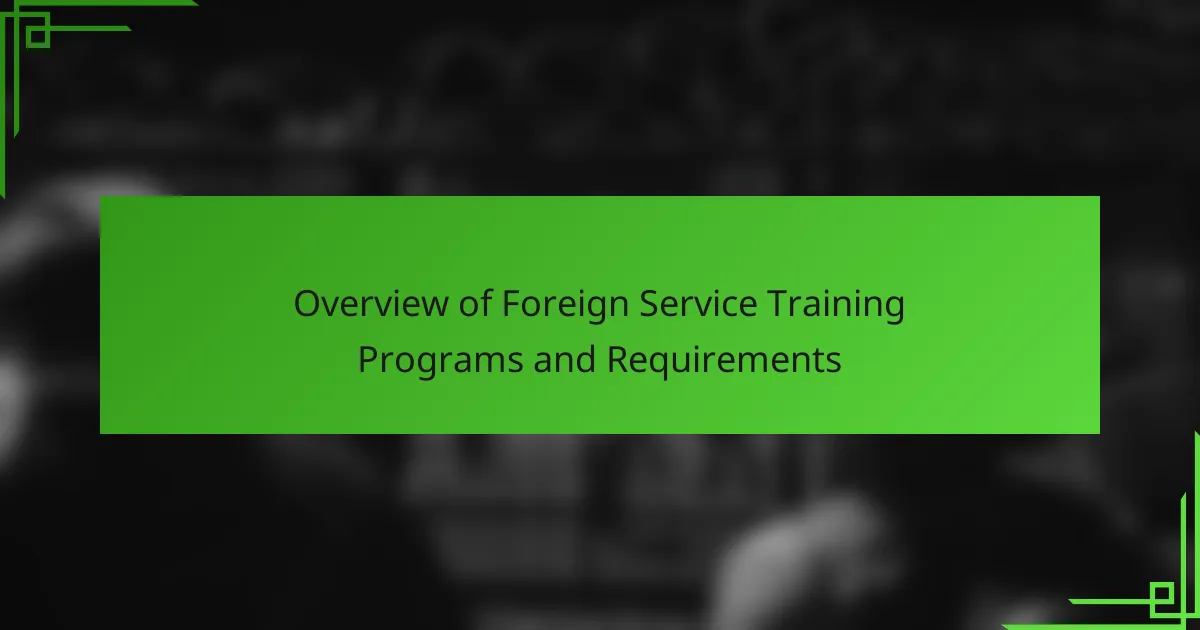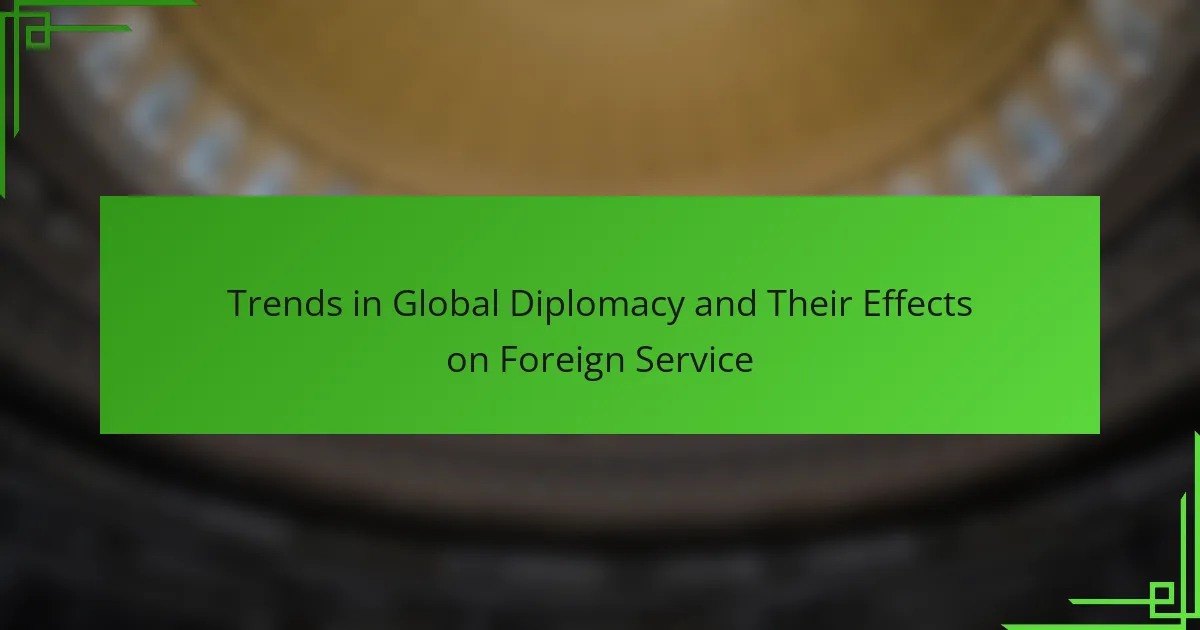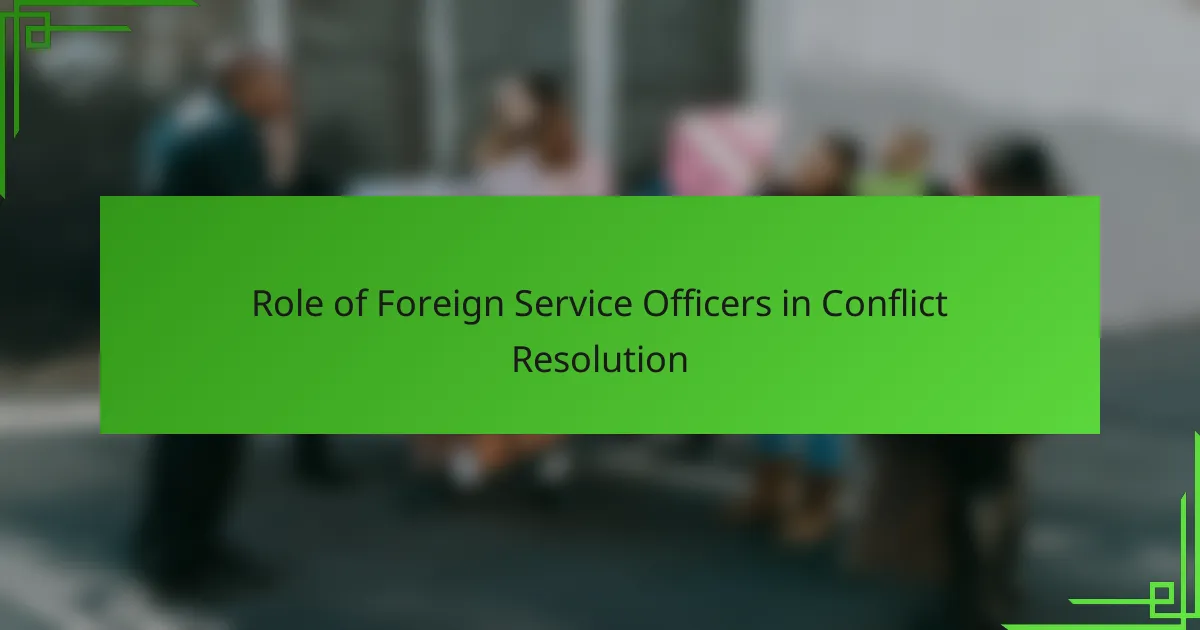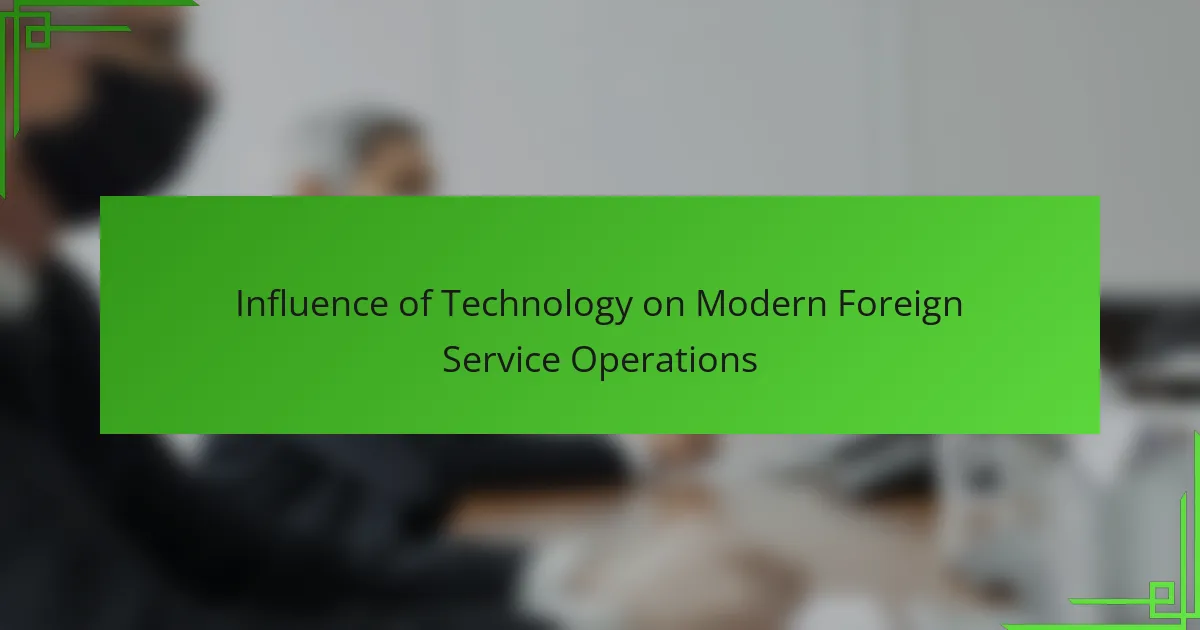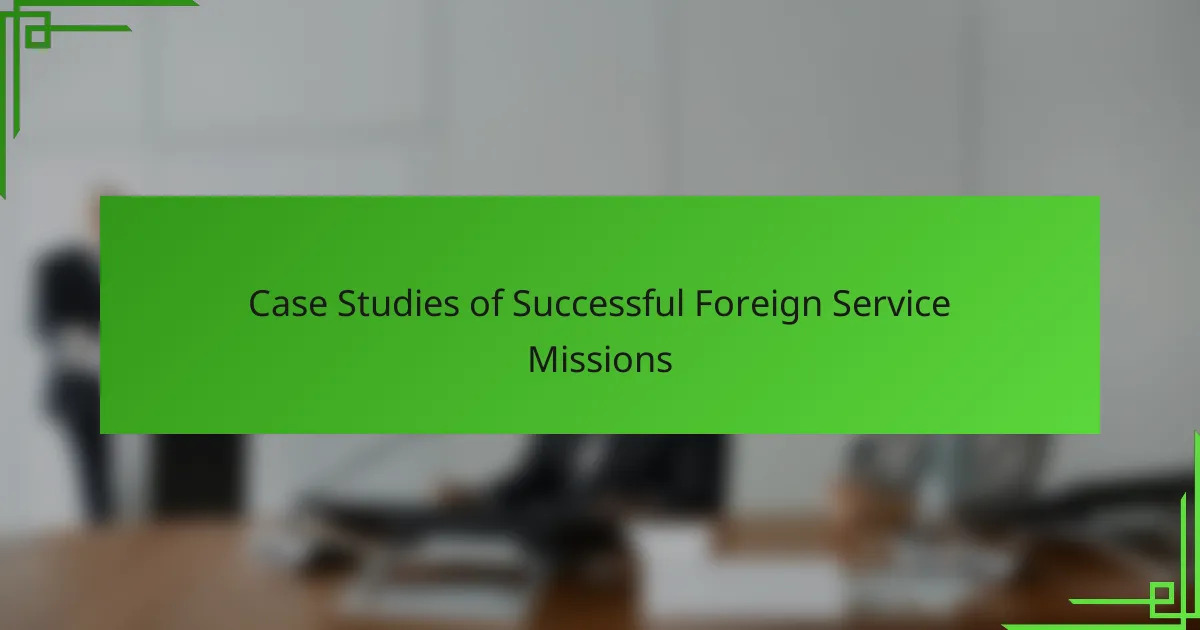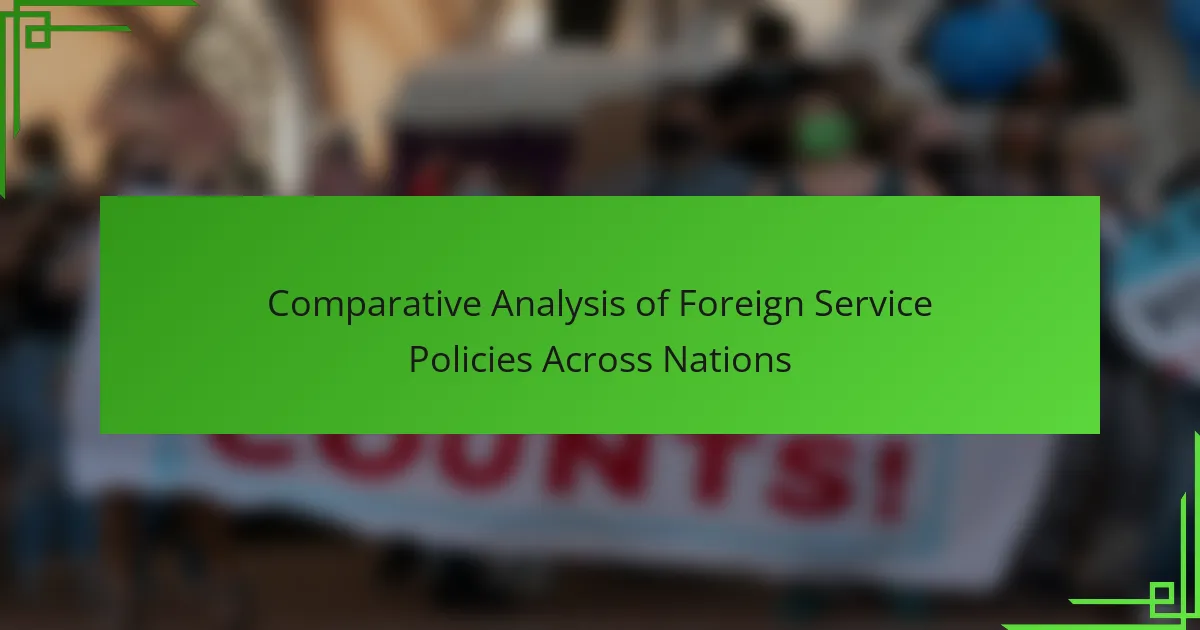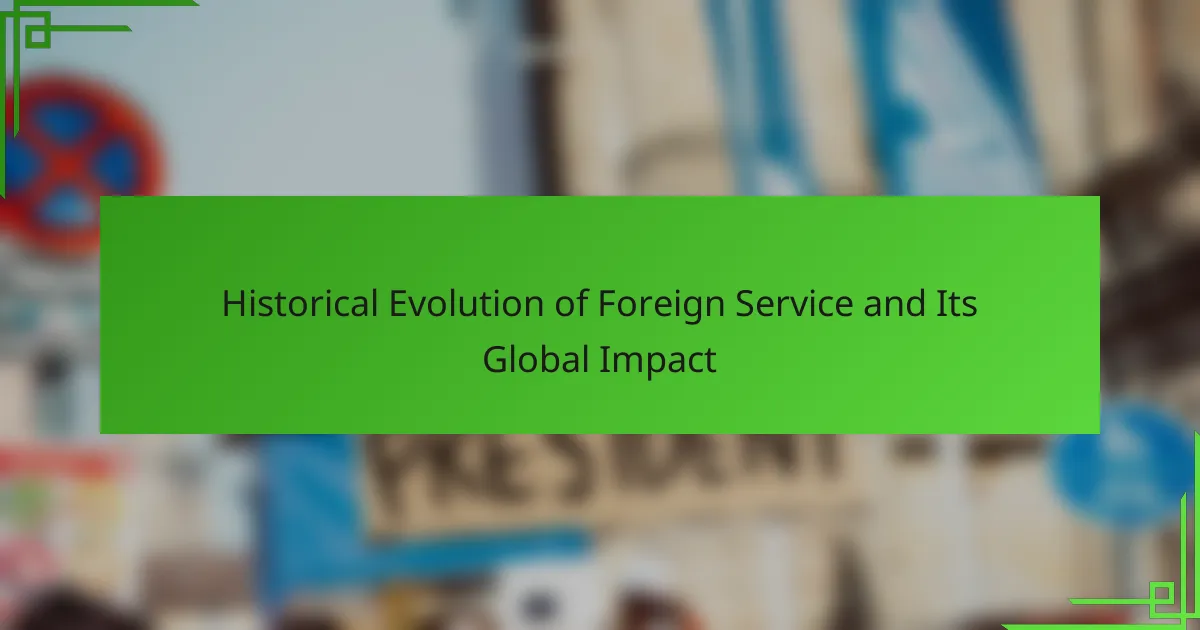The Foreign Service offers diverse career paths, including Diplomatic Service Officers, Foreign Service Specialists, and Consular Officers. Diplomatic Service Officers are responsible for managing diplomatic relations and representing U.S. interests internationally, often engaging in policy formulation and negotiations. Foreign Service Specialists offer technical expertise in critical areas such as security and logistics, supporting the operational…
Category: International Relations
Dive into the complexities of global diplomacy with our International Relations category, where keen insights and expert analysis meet to unravel the intricacies of foreign service dynamics. Explore thought-provoking articles that cover the latest trends, geopolitical shifts, and the underlying factors shaping international policy. Whether you’re an aspiring diplomat, a seasoned analyst, or simply curious about the world stage, our curated content offers a comprehensive look at the forces influencing global affairs. Join us in understanding how nations interact and collaborate in an ever-evolving landscape of international challenges and opportunities.
Impact of Cultural Diplomacy on International Relations
Cultural diplomacy is a strategic tool in international relations that fosters mutual understanding and cooperation among nations through cultural exchanges, art, and education. This approach enhances soft power, allowing countries to influence each other positively without coercion. The article examines the historical impact of cultural diplomacy, highlighting initiatives such as the Fulbright Scholarship during the…
Overview of Foreign Service Training Programs and Requirements
Foreign Service Training Programs are designed to prepare individuals for careers in diplomacy and international relations. These programs encompass coursework in foreign policy, international law, and cultural awareness, along with practical exercises like simulations and role-playing. Candidates must meet specific educational and experiential criteria, including a bachelor’s degree, passing the Foreign Service Officer Test (FSOT),…
Trends in Global Diplomacy and Their Effects on Foreign Service
The article focuses on trends in global diplomacy and their effects on foreign service operations. Key trends include digital diplomacy, which leverages social media for real-time engagement; multilateralism, emphasizing cooperation among nations to tackle global challenges; and climate diplomacy, exemplified by the Paris Agreement. These trends necessitate changes in foreign service strategies, highlighting the importance…
Role of Foreign Service Officers in Conflict Resolution
Foreign Service Officers are key representatives of their governments in international relations, playing a vital role in conflict resolution. Their duties encompass diplomatic negotiations, dialogue facilitation between conflicting parties, and intelligence gathering to identify the root causes of conflicts. By providing critical analysis, they inform policy decisions regarding conflict intervention and collaborate with international organizations…
Influence of Technology on Modern Foreign Service Operations
Technology plays a crucial role in modern foreign service operations, significantly enhancing communication and efficiency between diplomatic missions and their home countries. It facilitates real-time information sharing, improving decision-making during international crises and enabling advanced data analytics for trend identification and policy development. While technology streamlines operations and enhances diplomatic effectiveness, it also presents challenges…
Case Studies of Successful Foreign Service Missions
The article examines successful foreign service missions, highlighting key diplomatic efforts that achieved significant outcomes. Notable examples include the U.S. diplomatic mission in the 1990s that led to the Dayton Accords, which resolved the Bosnian War, and the 2015 negotiation of the Iran nuclear deal aimed at limiting Iran’s nuclear capabilities. The article also discusses…
Comparative Analysis of Foreign Service Policies Across Nations
Foreign Service Policies are essential guidelines that regulate the operations and conduct of diplomatic missions worldwide, detailing the responsibilities and privileges of foreign service personnel. This article presents a comparative analysis of these policies across various nations, highlighting key components such as diplomatic representation, consular services, and international cooperation. It examines how different countries implement…
Benefits of Language Proficiency in Foreign Service Careers
Language proficiency is a critical skill in foreign service careers, enhancing communication and fostering stronger relationships with local populations and government officials. This proficiency not only aids in accurate information gathering and cultural understanding but also significantly impacts career advancement opportunities and diplomatic effectiveness. Research indicates that diplomats with higher language skills perform better in…
Historical Evolution of Foreign Service and Its Global Impact
The historical evolution of foreign service encompasses the development of diplomatic practices from ancient civilizations to modern times. Early diplomatic efforts by the Egyptians, Greeks, and Romans laid the foundation for communication and negotiation with foreign powers. The establishment of professional diplomatic corps in the 19th century marked a significant shift, with countries like France…
